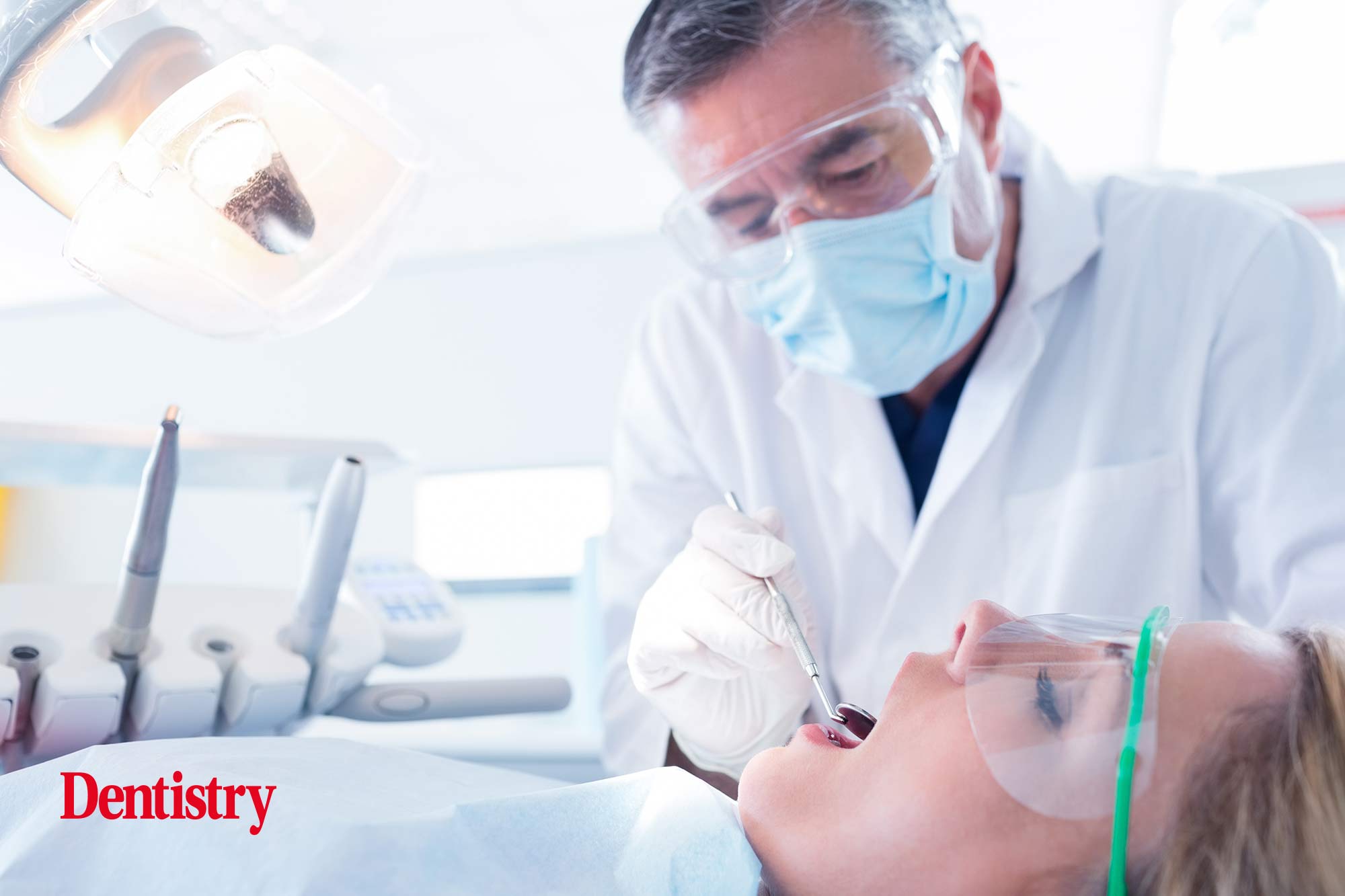 As dentists in Scotland digest the announcement regarding the reduction of their Item of Service multiplier from 1.7 to 1.3, Practice Plan regional support manager, Louise Bone, caught up with chair of the Scottish Dental Association, Douglas Thain, to get his thoughts on what might happen next.
As dentists in Scotland digest the announcement regarding the reduction of their Item of Service multiplier from 1.7 to 1.3, Practice Plan regional support manager, Louise Bone, caught up with chair of the Scottish Dental Association, Douglas Thain, to get his thoughts on what might happen next.
When the multiplier was introduced initially, Douglas, it replaced the Covid top up payments dentists had been receiving. This was to be reviewed after three months and then more than likely tailed off. We’ve just seen the first reduction, so, what are your thoughts on that as a plan?
The problem with this plan is that just keeping parity with the Covid top up doesn’t really reflect how things have changed over the last two years or so. Our overheads and materials costs have gone up massively since pre-Covid.
So, even something that brought our income back up to what we were doing when we were working flat out as far back as 2019 isn’t really going to give us the same level of free cash that we had back then.
I think most people would agree that materials are 30% more expensive. Staff are almost certainly more expensive and we’ve had two rounds of pay rises. Nurses have gone from maybe £10 an hour to being closer to £12, even £13 in some cases. They’re able to demand that with the way the market is at the moment.
There’s no way that reducing the item of service fee to what it was is going to produce the same net result.
How have things changed for NHS dentists in Scotland since Covid first hit?
We’ve seen changes not just in overheads, but the way your working day is made up has changed drastically too. In the past, if you’d see 30 patients in a day, there may be two or three toothaches in that and the rest was either scheduled check-ups or scheduled consultations. So, at least you had a known quantity of profit for most of the day.
Whereas in your average day now, well over a third of cases are probably toothaches. People coming in for ‘check-ups’ are not really a check-up because the patient has got an issue. And when you tell them their follow up appointment’s going to be November they’re not happy. Understandably, because they want something done there and then.
How is the uncertainty over how the multiplier will reduce in the future affecting dentists?
Having a 1.7 multiplier from April for three months means every payment request form that was submitted before the end of June hit 170%, but if it’s submitted in July, then the whole form is paid at the new multiplier rate of 130%.
So, something that you thought you would have been paid £170 for ends up being paid £130. This will be the case for any further reductions.
You may have to decide to truncate a course of treatment in your own interest, leaving the patient with outstanding treatment needs. It doesn’t encourage any holistic way of looking at patient care.
It encourages very much single tooth care and getting the request for payment form off, but that’s the exact opposite of what the government actually wants us to be doing. And the more piecemeal treatment is made, the more shambolic it becomes, in my view.
In the past I would have said dentists were acting out of greed. Now I think they’re acting out of survival instinct. Because if you don’t grab the cash when it’s on offer, then next month you have no way of predicting what your income might be.
With the situation as it is, dentists are choosing to try to get paid for as many treatments as possible at the higher rate. This is so they can afford to pay salaries and bills for the practice to survive. Dentists are being put in an almost impossible ethical situation. From a business planning point of view, it’s dire.
How do you think this uncertainty will affect the prospects for dentistry in Scotland?
The BDA had called for the 170% to remain until the new model of care is introduced, which would seem to be a logical step. The government in Scotland had said the aim is to have the payments reach the 85% of Item of Service income that the Covid top ups achieved.
But at the very least, they should be aiming to give us an overall income of 100% of what we had pre-Covid, plus an allowance for the additional materials etc. But then sorting out our income doesn’t address the fact that nobody wants to do the job.
This situation may prompt people like me to start thinking: ‘Forget it, I’m going to retire.’ It doesn’t encourage new graduates to make any commitment to the NHS. It doesn’t encourage those coming out of VT to look to a practice like ours that’s 70- 80% NHS. There are many more private options out there.
It just gives them another reason not to work in NHS dentistry in Scotland.
Is that what the government really wants?


